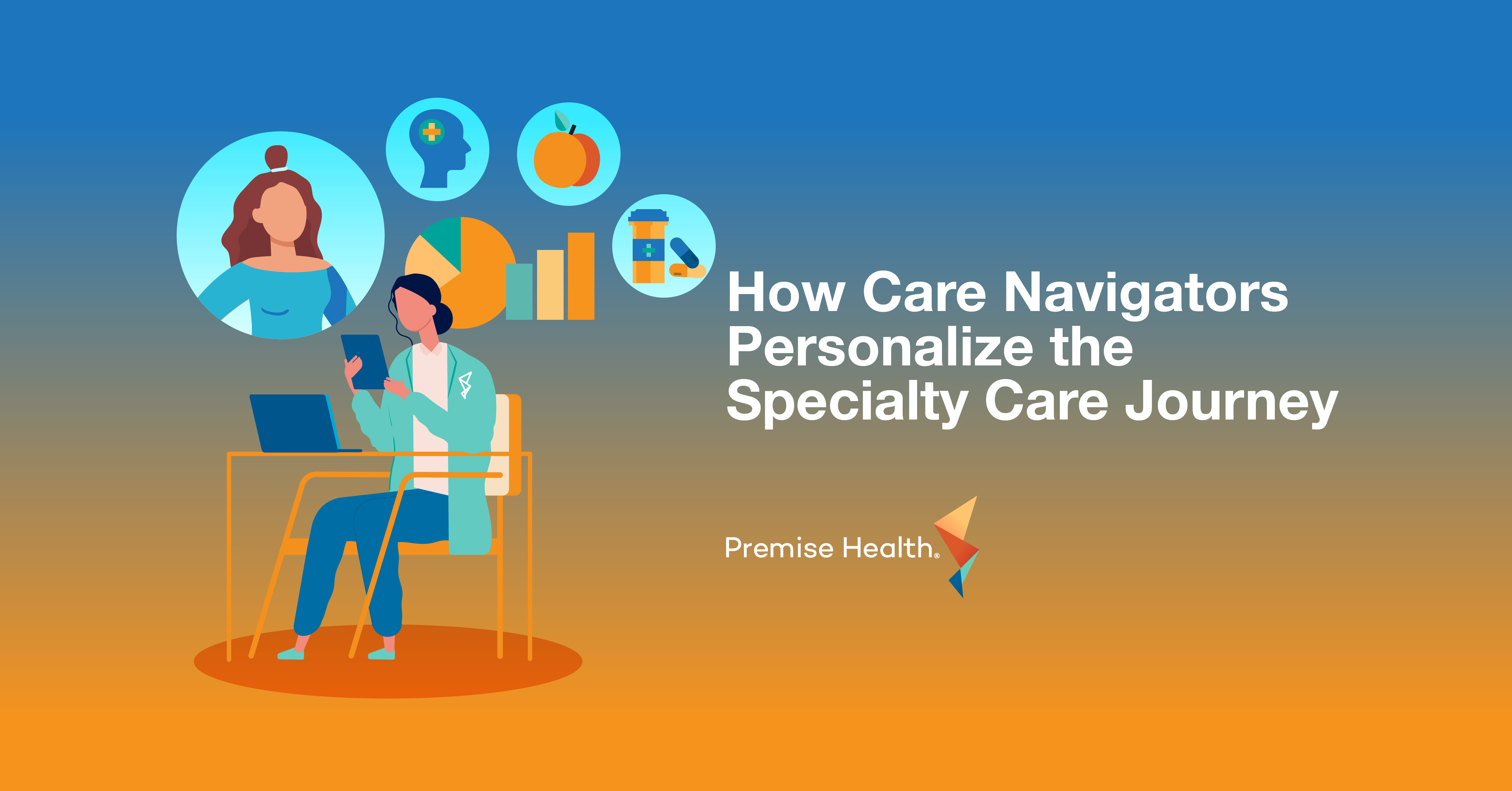What is Whole Person Healthcare?
Everyone deserves exceptional healthcare.
Unfortunately, some people, including members of the LGBTQ+ community, are at a greater risk of negative experiences within the health system. Those experiences can lead to health avoidance and poor health outcomes, such as:
-
- Increased rates of delayed diagnosis and treatment of certain cancers
- Higher rates of anxiety and depression
- Higher rates of discrimination
To overcome disparities in care and outcomes, it’s important to close gaps and ensure everyone, regardless of their identity, is receiving the right care at the right time.
What is whole person healthcare?
Whole person healthcare is healthcare that accounts for the unique needs, experiences, strengths, and challenges of each individual and how those impact health and wellness. It has two goals:
-
- Understand the underlying components of all health conditions.
- Recognize care disparities that may exist because of bias, lack of education, and systemic injustices surrounding sexuality or gender identity.
Providers play a huge role in delivering positive, whole person healthcare. When doctors and other healthcare providers are unaware of health disparities and inequalities, patients can feel unheard or unsafe in a care setting. This can lead to poor health outcomes and general care avoidance.
For the LGBTQ+ community, whole person health can mean that a provider encourages routine screenings applicable to an individual’s sexual orientation and gender identity, as well as their physiologic organ inventory. It means the provider fosters a safe environment where patients feel comfortable asking questions. It could also include special focus on certain areas of conversations, such as:
-
- Sex assigned at birth and related biologically based healthcare screening needs (i.e. breast cancer, testicular cancer) in accordance with current body composition
- Safe sex practices and related education and screenings
- Mental and emotional wellness and experiences with discrimination and bullying, especially for younger members
Addressing these needs can help identify and address health risks, leading to better long-term health and wellness.
Provider and Patient Education is Key
Everyone is their own healthcare advocate, and it is so important to be an educated healthcare consumer. All individuals should exercise their right to:
-
- Choose providers most likely to respect and meet their needs
- Advocate and communicate for themselves when they have a negative experience with a provider
- Choose to connect with a provider with whom they feel safe rather than to avoid care altogether
There are also many steps that healthcare organizations can take to deliver whole person healthcare. For example, providers at all levels of licensure need ample support, such as education and resources. When the care team has the proper tools, they are best equipped to provide the most ethical care; be aware of a person’s identity and unique risk factors; and create a safe environment where everyone feels comfortable discussing their health-related needs.
To understand what’s already being done successfully and where there are areas of opportunity for growth, organizations may consider surveying providers on their experience and using the results to determine educational gaps regarding care for underserved and under-resourced populations. The data can be used to develop trainings and tools on clinical best practices to close gaps and ensure providers have accurate, up-to-date information. The result is delivery of high-quality inclusive care and an environment where all patients feel safe, welcome, and cared for when they walk into an onsite health center or conduct a virtual health visit.
Examples of support include:
-
- Distributing any specific information that providers need based on the population they serve
- Providing all incoming and current providers with training and educational supports
- Reinforcing the skills providers need to provide culturally competent care, including peer to peer mentoring
- Incorporating data related to health disparities into clinical workflows to allow providers to more effectively monitor and address gaps in care
Employers Can Help Lead the Way
The Human Rights Campaign (HRC) publishes guidelines and supports companies in learning about and engaging with best practices in employment of LGBTQ+ individuals. Organizations are evaluated on a number of things, including:
-
- Whether benefits are equal and supportive of the LGBTQ+ community in comparison to employees with domestic partners vs spouses
- Support employees receive in learning about and obtaining preventive treatment options
- Whether their healthcare benefits cover hormone replacement therapy (HRT)
As the healthcare community gains a greater understanding of the importance of caring for patients holistically and through the lens of attending to social determinants of health, it becomes clearer that caring for the whole person is the only way to truly care for any person at all . Whether increasing awareness and prevention or ensuring our members have access to the latest developments in treatment and condition management, we must remain committed to caring for employees as whole people.
As a healthcare provider, Premise Health strongly believes it is critically important to think about how individuals, organizations, and providers can work together to bridge the gaps which prevent all people from accessing equitable care for their full health and wellness.
Interested in learning more about how inclusive care can make a difference for your people? Get in touch with Premise to learn about our approach.
Next on industry insights.

One Less Errand, One Healthier Member: The Power of 90-Day Prescriptions
Read the Blog
How Care Navigators Personalize the Specialty Care Journey
Read the Blog